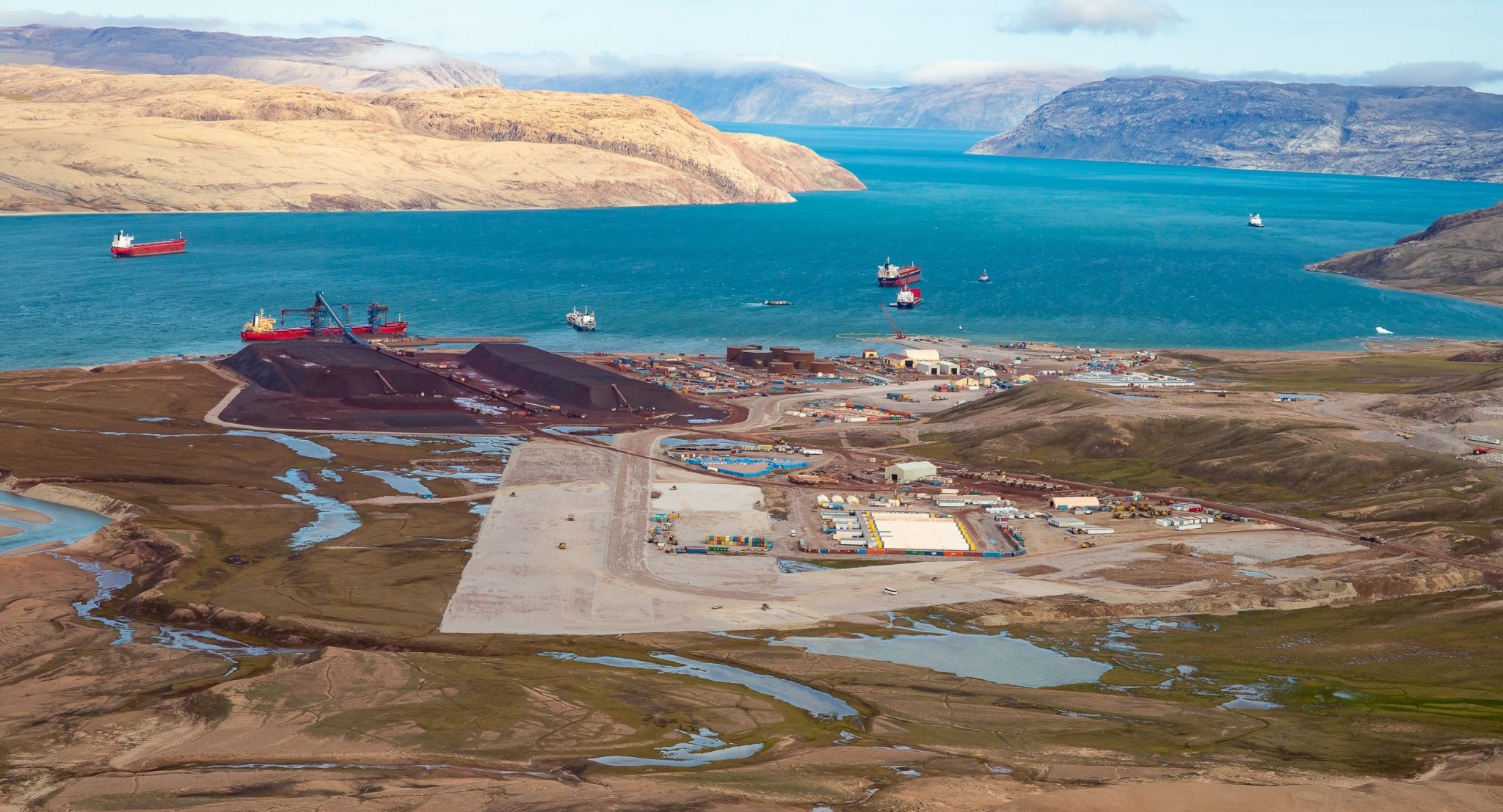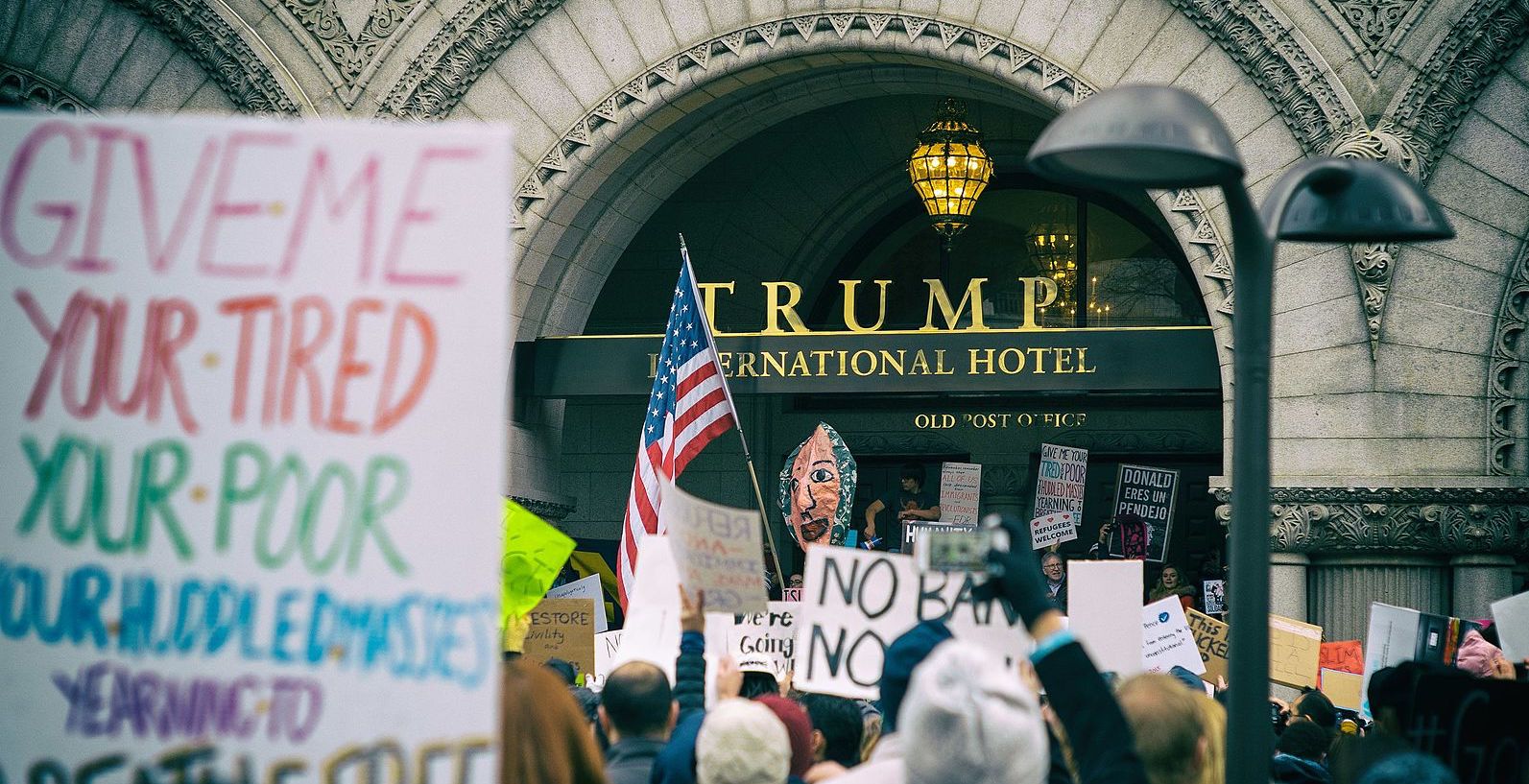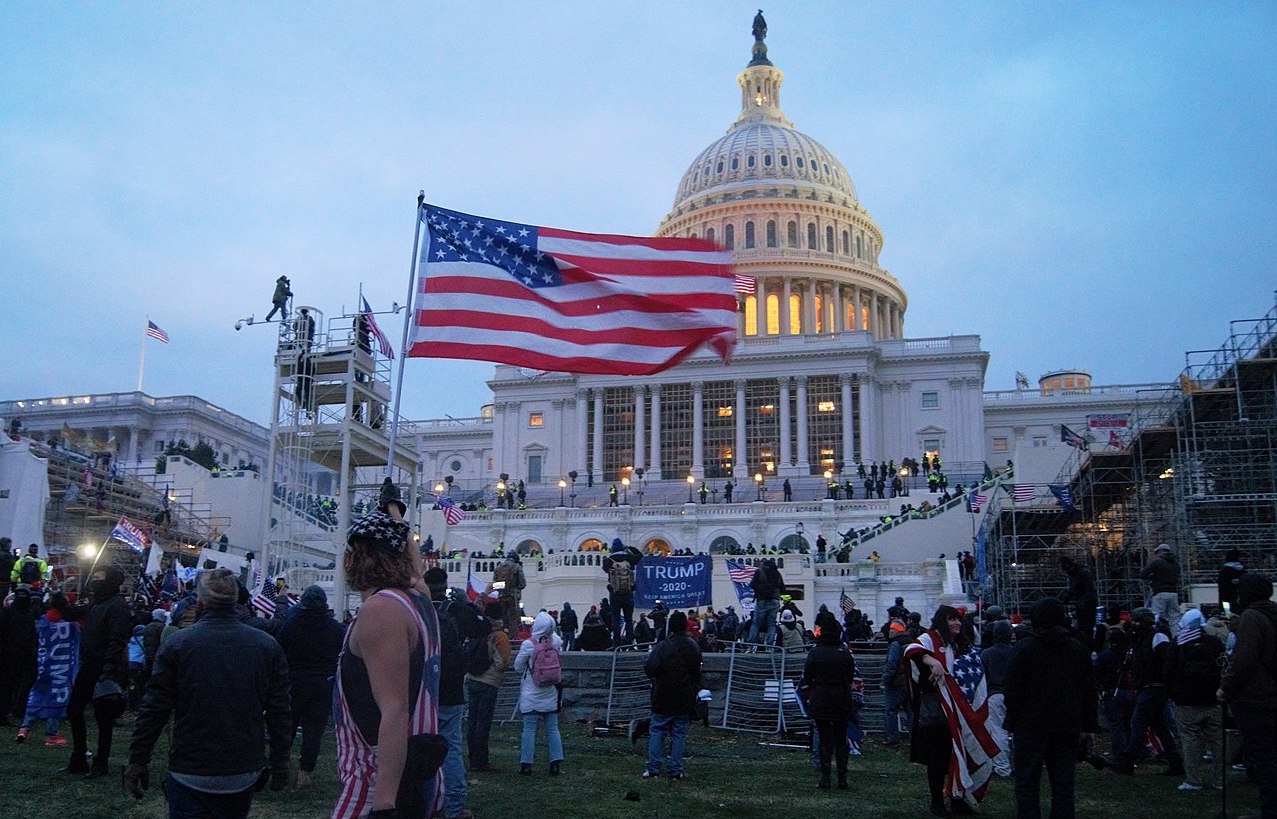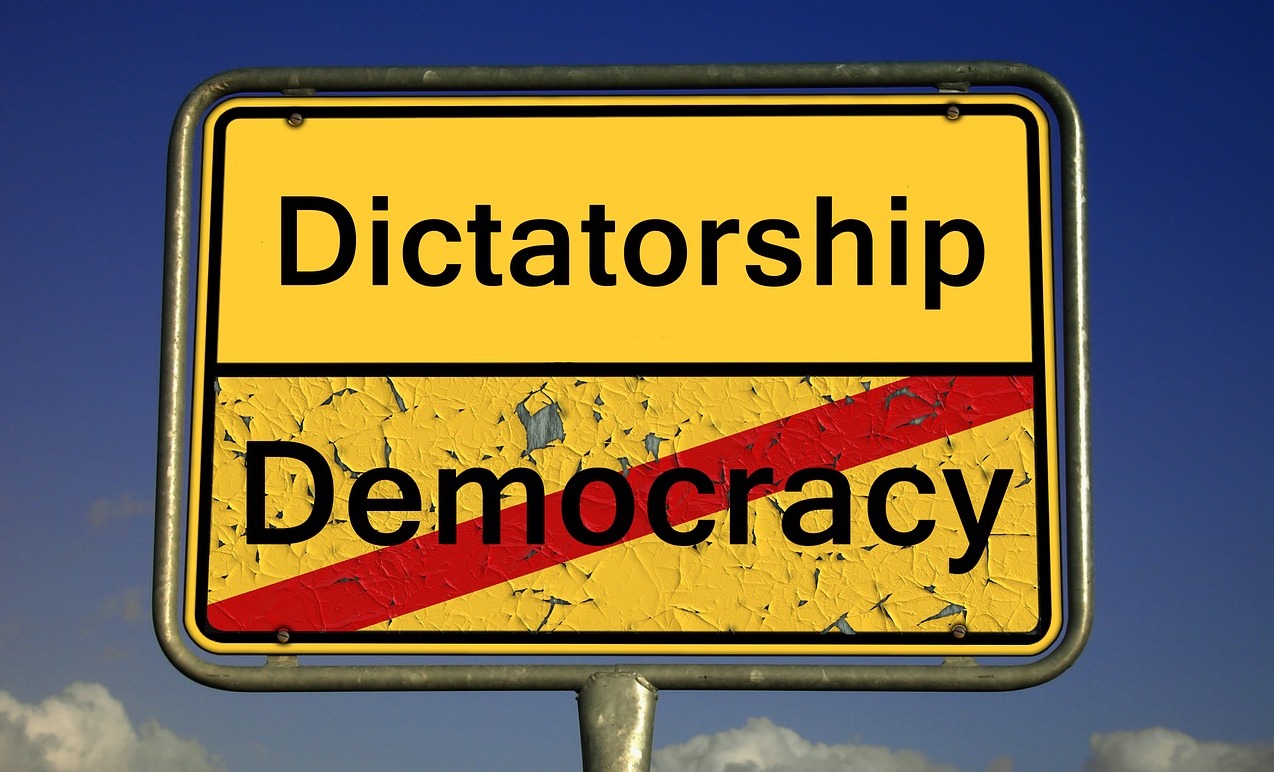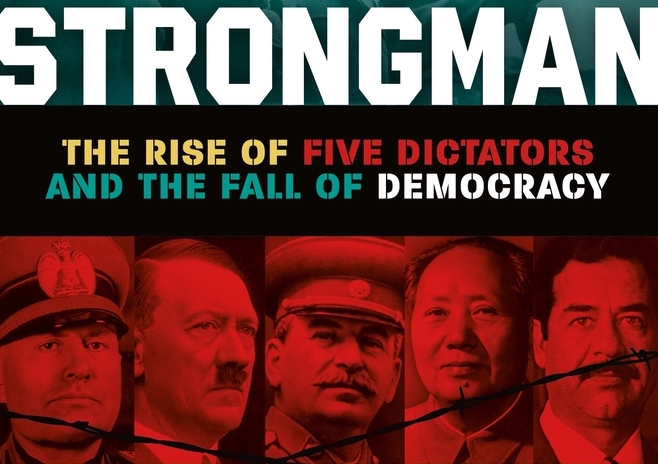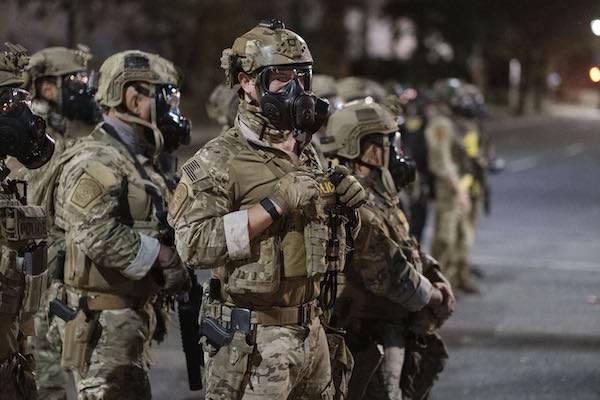Did Biden cave to ICE mutiny?
The Department of Homeland Security (DHS) issued a memo with “temporary guidelines for enforcement and removal operations” by Immigration & Customs Enforcement (ICE), giving ICE agents discretion on enforcement actions and overturning the “100-day pause on certain removals” instated by President Biden’s executive order of Jan. 20. The move was protestedby the ACLU as a “disappointing step backward.” But litigation was already pending over the “pause.” A federal judge in Corpus Christi had granted a preliminary injunction blocking the moratorium, in a victory for Texas Attorney General Ken Paxton, who had filed a lawsuitagainst the “pause.” After this, ICE agents resumed deportations that had been blocked by Biden’s Jan. 20 order—in open defiance of White House policy. (Photo: Wikimedia Commons)



